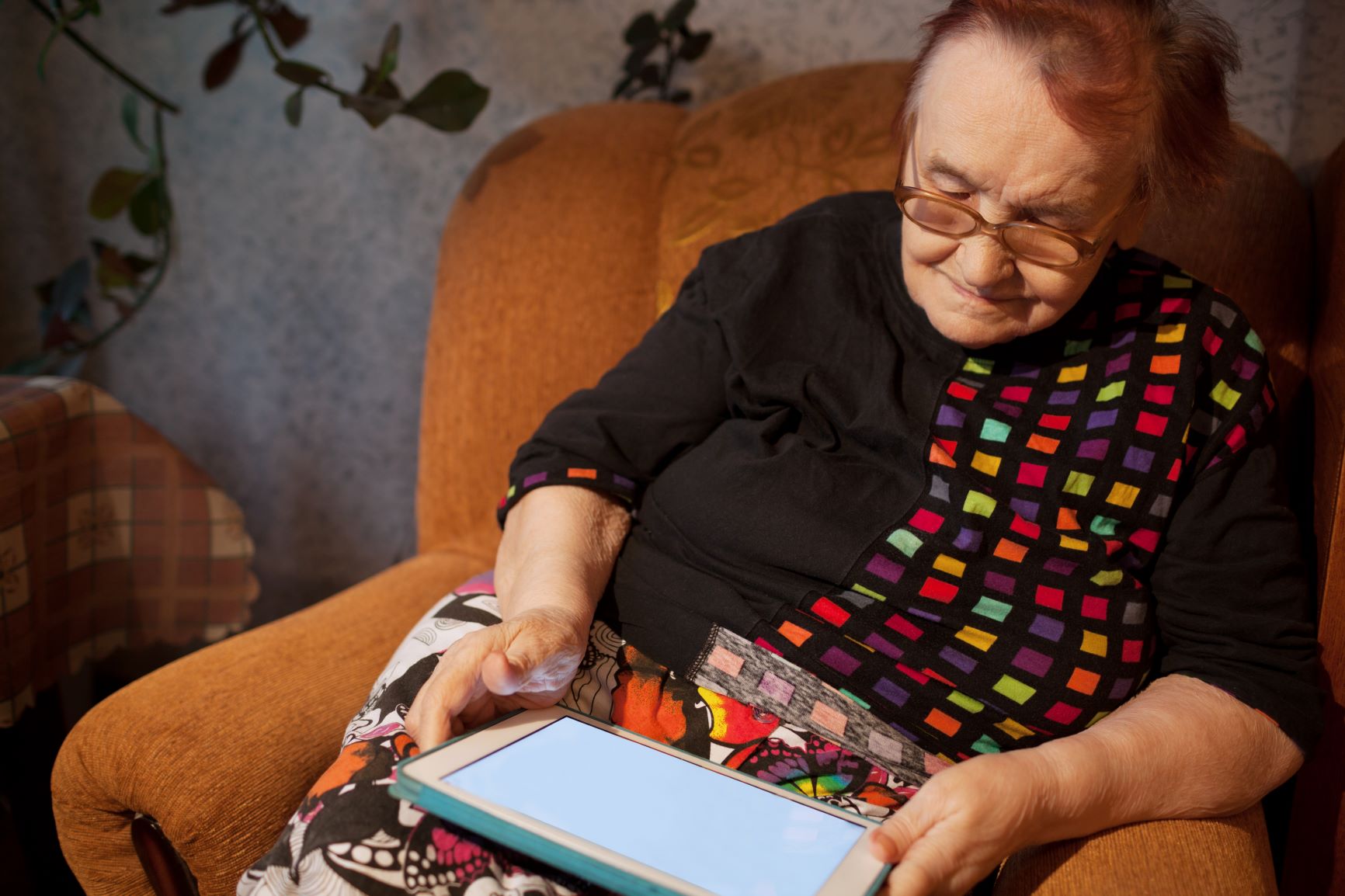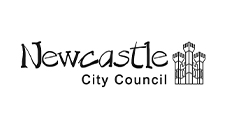Newcastle has a growing and ageing population with complex needs.
Newcastle City Council’s Reablement service supports adults who have experienced a life change, such as a bereavement or hospital stay, to improve their ability and confidence to live independently in their own homes.
Over 40% of service users experience a fall either before or during Reablement.
Suffering from a fall impacts an individual’s ability to live independently by reducing their:
- Confidence in being able to care for themselves.
- Physical capabilities, particularly in case of injury or reduced mobility.
- Family or informal care network’s confidence as their anxiety or fear is increased.
UK-wide, falls cost the NHS over £2 billion a year and 4 million bed days.
Solving the problem
Newcastle City Council worked with its Innovation Partner, Urban Foresight, to review opportunities to embed technology enabled care in reablement services.
An initial evaluation of digital assistive technologies was undertaken using a combination of desktop research and structured interviews to identify cost effective, innovative solutions to help people remain independent at home and reduce their risk of falls.
UK-wide, falls cost the NHS over £2 billion a year and 4 million bed days.
Working closely with the council’s Adult Social Care team, the partnership mapped the current service delivery pathways to identify improvement opportunities.
Local residents in receipt of reablement services were also surveyed to understand their needs and attitudes regarding the use of assistive technologies.
This informed a business case and project plan to support trials of digital solutions targeted at three distinct use cases:
- Managing the intake of food and drink: voice activated assistants/ smart speakers to help manage a daily food and drink schedule.
- Safely navigating the home: smart lighting to provide safe light levels, prevent moving around in the dark and reduce dangerous movements.
- Developing strength and balance through exercise: video calling to assess progress against prescribed exercise programmes.
Key outcomes
In 2020, funding was secured funding for a targeted deployment assistive technologies to support individuals who are at risk of falls to remain independent in their own homes.
A pilot commenced in 2021 to trial off-the-shelf technologies including Philips Hue connected lights and Amazon Echo Show smart speakers.
Early results from the pilot were extremely positive for both the Reablement Service and trial participants. These solutions are providing a cost effective way to develop independence and confidence of cared for adults.
A full evaluation will take place in 2021 and provide learning for a planned larger trial in Reablement.
The objective is to establish digital prescribing capability within Adult Social Care, to recommend digital devices to incoming service users and support them in installing them and learning how to use them.




